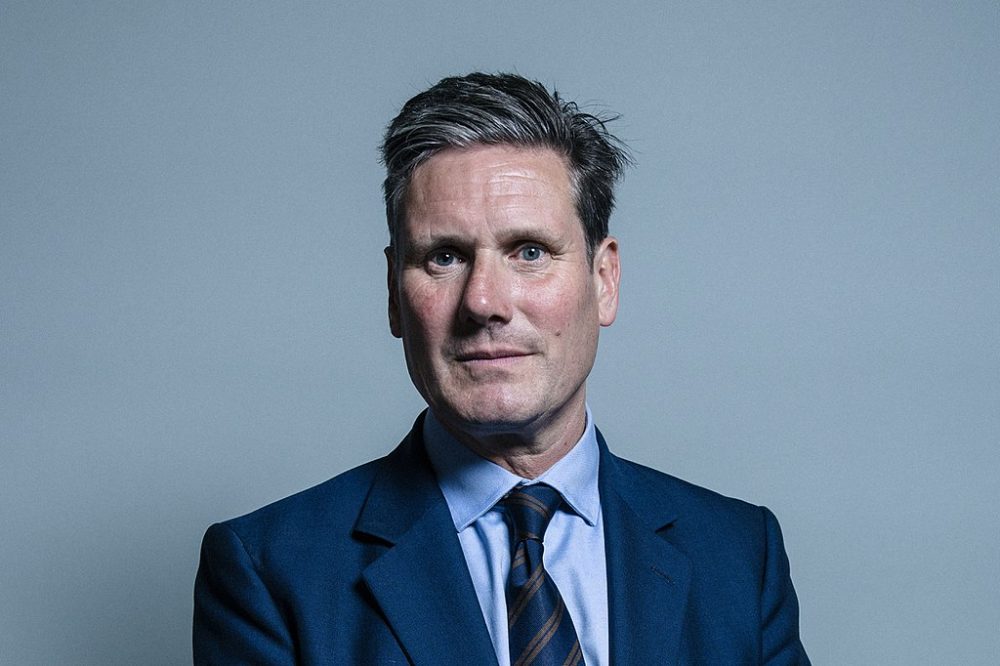Human rights took centre-stage – alongside a healthy dose of politics – at a discussion between Shadow Minister for Brexit Sir Keir Starmer and the BBC’s Jo Coburn this week.
Organised by René Cassin and hosted by JW3, here’s just a selection of some of the insights they shared!
How do we measure the success of human rights?
 Image credit: Unsplash.com.
Image credit: Unsplash.com.
Keir was first asked about the failure of human rights to prevent modern-day atrocities like the Rwandan genocide, and whether this meant that human rights as a whole had failed.
He responded by saying that this held human rights to an impossible standard, where it could only be considered a success if human rights violations never happen.
Instead, he said we should focus on the ways in which human rights have been used to improve the lives of people all around the world, and to ensure that the perpetrators of crimes against humanity are brought to justice.
Support for human rights in the UK
 Image credit: Pexels.com.
Image credit: Pexels.com.
It’s quite extraordinary that we are even talking about repealing the Human Rights Act.
The politician was also asked about the disconnect that many Brits feel with their human rights, and how this has translated into a general lack of support in the UK.
In part, he saw this as a failure to communicate the importance of human rights and the institutions that guard them. He pointed to a lack of political support for the Human Rights Act when it was passed as a key reason for its current image-problem. “It’s quite extraordinary that we are even talking about repealing the Human Rights Act,” he added.
He also blamed a perceived lack of ownership over human rights in the UK, despite the leading role taken by British diplomats in drafting the Human Rights Convention.
Whilst acknowledging that Brexit did not mean the UK would withdraw from the Convention, he expressed concern about the effect that nationalist politics could have on the culture of rights in the UK.
Responding to terrorism and terror threats
 Operation Temperer: Ministry of Defence / Flickr.
Operation Temperer: Ministry of Defence / Flickr.
Another issue raised was the challenges posed to human rights by terrorism. As a former Director of Public Prosecutions who worked closely with law enforcement, Keir brought a unique perspective on how rights should be balanced with security concerns.
When asked whether we should suspend the human rights of known terror-suspects, he pointed out that the key challenge is actually working out who these suspects are in the first place. Whilst acknowledging that preventative measures like control orders (now known as TPIMs) are necessary in some cases, he emphasised that they must be used proportionally.
Keir also addressed the issue of surveillance and the belief held by some that we should sacrifice privacy rights to make it easier for the authorities to sniff-out terror suspects. Drawing on his experiences, he argued that ‘fishing expeditions’ are rarely successful in finding suspects, and pointed out that once a suspect is found there is nothing in human rights law which can prevent authorities from searching their private spaces.







